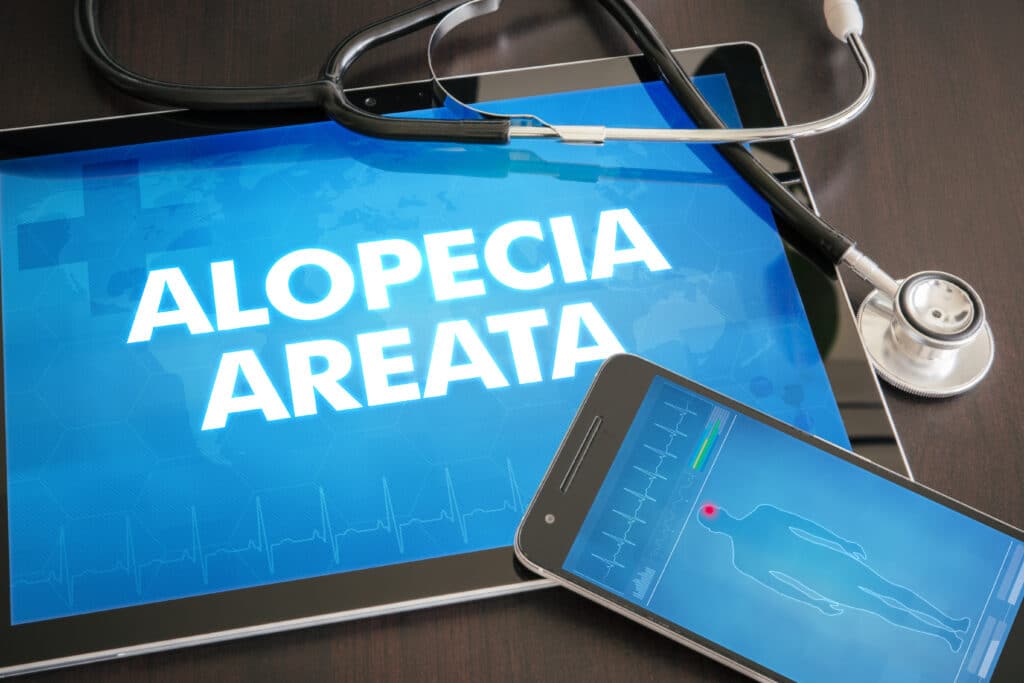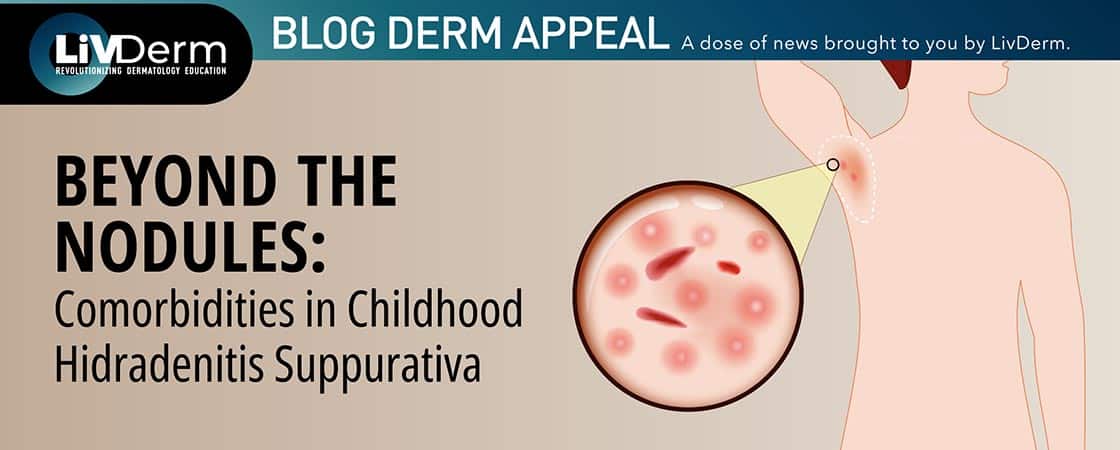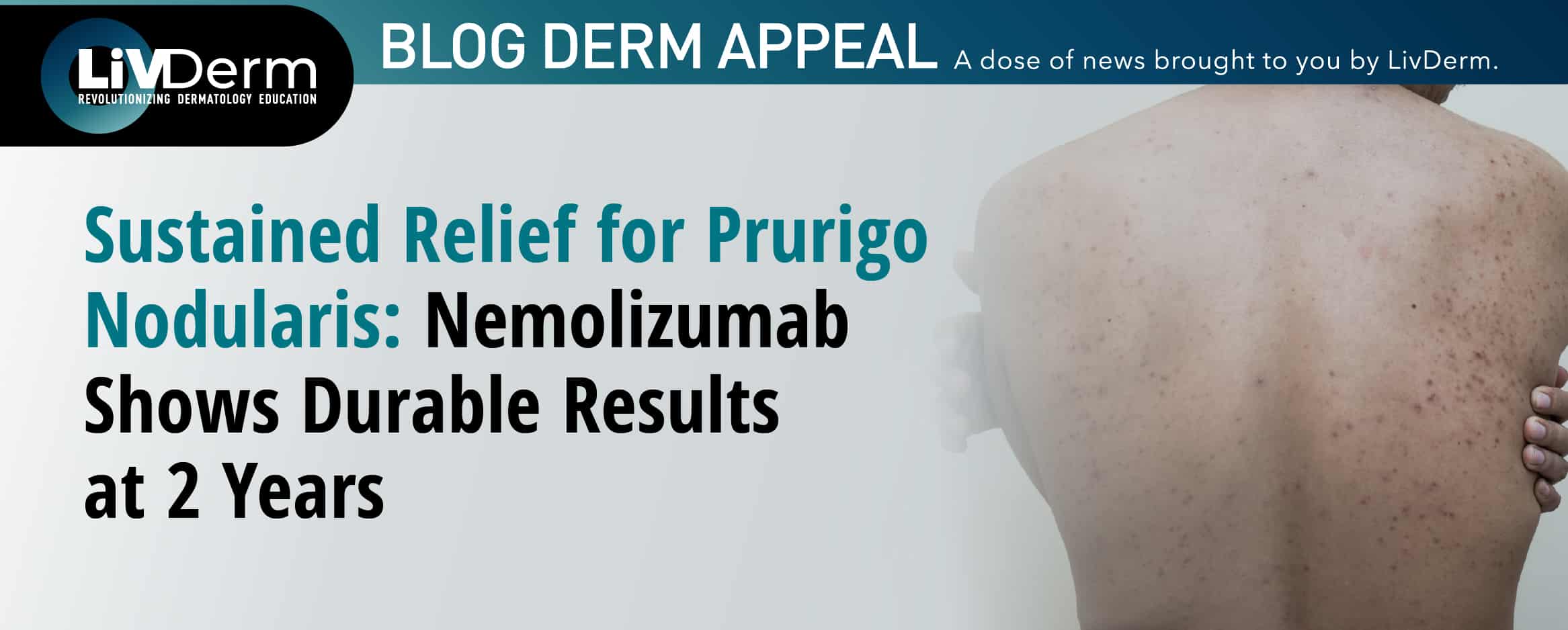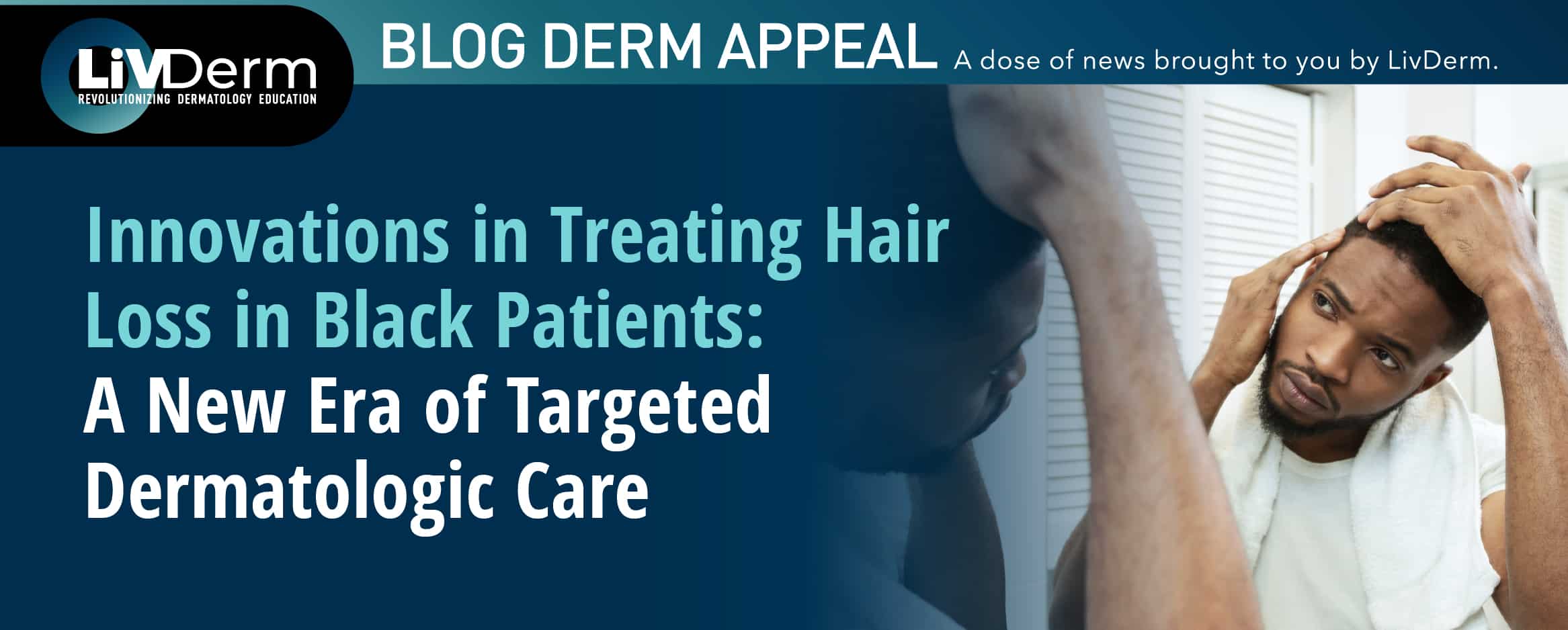
Researchers of the ALLEGRO Phase 2b/3 clinical trial of ritlecitinib have reported that the drug demonstrated clinician-reported efficacy, patient-reported improvement, and an acceptable safety profile.
The study aimed to investigate the safety and efficacy of ritlecitinib, an oral, selective, dual, JAK inhibitor, in adolescent patients aged 12 to 17 years, with alopecia areata (AA). The study is significant because, to date, no approved systemic treatment options are available for adolescent patients with AA.
Participants in the study were randomized to one of several treatment groups over a 24-week period. This was either 10 mg ritlecitinib, 30 mg ritlecitinib, 50 mg ritlecitinib, or placebo, which was to be taken once daily. Patients who received the 30 mg and 50 mg doses also received a 200 mg four-week loading dose. After the 24 weeks, patients who were already taking ritlecitinib remained assigned to their initial dosing while those who were initially on placebo were given a 200 mg four-week loading dose and a 50 mg daily dose of ritlecitinib.
Results of the study demonstrated that by week 24, 17% to 28% of adolescent patients had achieved a Severity of Alopecia Tool (SALT) score equal to or less than 20% of the scalp without hair, specific to patients receiving a 30 mg or higher dose of ritlecitinib. By the end of the study, at week 48, 25% to 50% of adolescent patients taking a 30 mg or higher dose of ritlecitinib had achieved the same SALT score metric.
The study points out that although 10% to 22% of the adolescent patients who received placebo reported “moderate” or “great” improvement in their AA by the study’s halfway point, between 45% and 61% of those receiving a 30 mg or higher dose of ritlecitinib reported the same. By the end of the study, this had further risen to between 44% and 80%.
The most common adverse events reported in the adolescent population were acne, headache, and nasopharyngitis.
The study concludes that “treatment with ritlecitinib for 48 weeks demonstrated clinician- and patient-reported efficacy and had an acceptable safety profile in adolescents with ≥50% scalp hair loss due to AA”
















